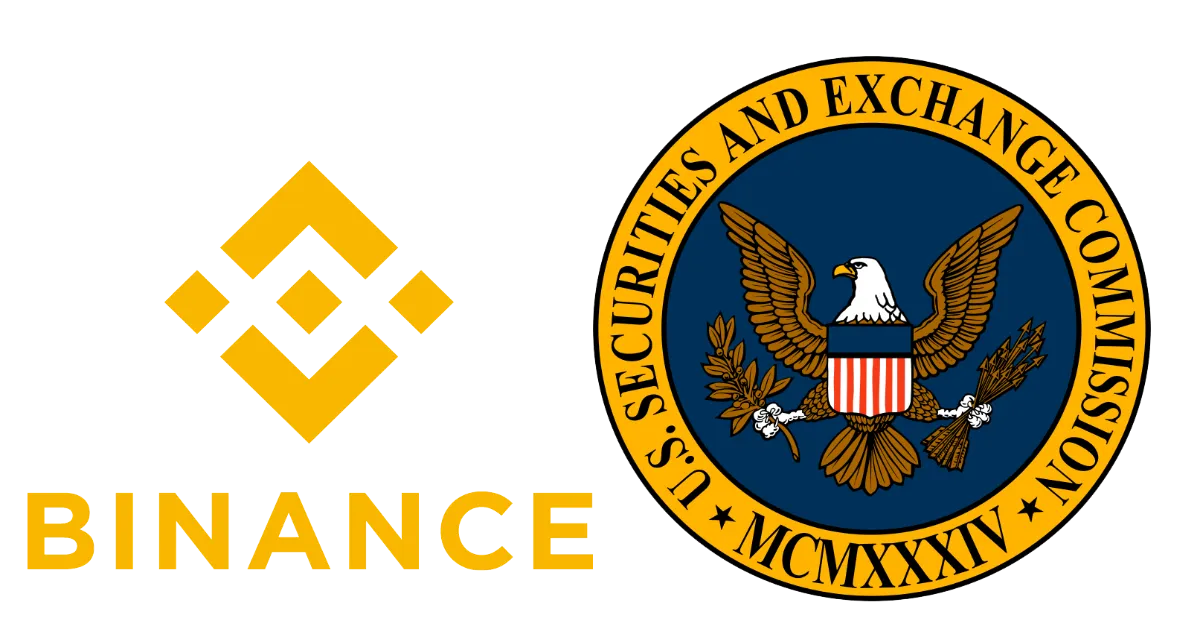On July 2, 2024, the United States District Court of Colombia made a significant decision. Judge Amy Berman Jackson dismissed three key SEC accusations against Binance, the world’s largest bitcoin exchange by volume. This ruling marks a fundamental shift in the ongoing case against the regulatory watchdog.
Dismissal of Critical SEC Claims and Broader Implications in the Future
The court refuted multiple critical arguments advanced by the SEC, including the position that tokens such as BNB and the fiat-collateralized Binance USD are securities. Another legal theory that the court rejected was the SEC’s argument that trading BNB tokens on the secondary markets on crypto exchanges was the sale of securities. Similarly to the above statements, such a decision limited the enforcement powers of the SEC over these activities. Nonetheless, some claims from the SEC remain pending and active to date despite the high barriers in proving them valid.
Read Also: Binance Extends Monitoring Tag to These 11 Tokens, Risk of Delisting Ahead?
Such a global assertion was legally flawed because the SEC failed to provide evidence that all token sales constituted investment contracts. To reiterate, the court underscored that the focus must be made not on tokens or the status of those conducting the transactions but on the circumstances of the particular transactions. This approach aligns with prior Supreme Court decisions to address tokens as suggesting that the existence of a token turns it into a security is an inadequate concept.
The court held that the replenishment of the reserves should not have been resolved anyway since the SEC did not provide sufficient facts that secondary market sales of BNB tokens were performed to realize gains or profits. The expectation of profit is another component that must be met if something qualifies for security under the framework of the Howey Test. This ruling restricts the discretion of the SEC in imposing requirements on who may participate in the secondary market through exchange operations.
The assertion that Binance’s BUSD is an investment contract was dismissed since the court found no evidence to suggest that BUSD was marketed with an expectation of profit due to Binance’s efforts. This highlights the inconsistencies among various U.S. regulatory bodies regarding stablecoins, illustrating the complexities and uncertainties in the crypto regulation landscape.
Although some allegations were struck off the list, specific shifts like the SEC arguing that BNB was sold as securities directly could proceed. Nevertheless, the SEC will find it difficult to prove these allegations, mainly because the authorities have to provide evidence that investors purchased tokens intending to invest.
This case creates an important precedent that defines the exact limitations of the SEC’s powers regarding the crypto industry. The judgment also emphasizes that there should be logical and rational formulation of laws, not episodic and fragmented, which causes confusion and chaos. Reiteratively, Binance is ready to counter the SEC regulation and will fight for more fair and reasonable regulation for the positive growth of the crypto market.
Conclusion
The decision by Judge Amy Berman Jackson is a significant move in the continuing regulatory disputes in the cryptocurrency business. This decision represents a need for more structured and rational methods of regulation. As the case progresses, it highlights the ongoing friction and difficulties between legislative objectives and the constantly changing digital asset market. This decision represents a step towards more transparent regulatory frameworks promoting innovation and market integrity.
Read Also: $70 Million in Ethereum (ETH) Transferred to Major Exchange
